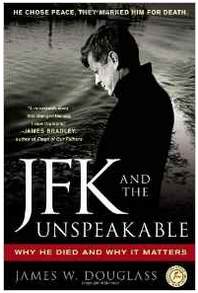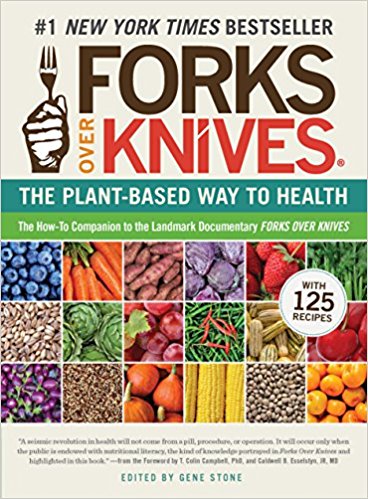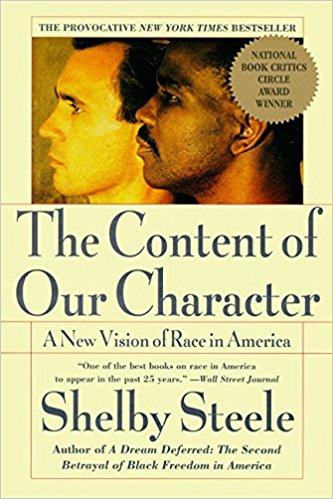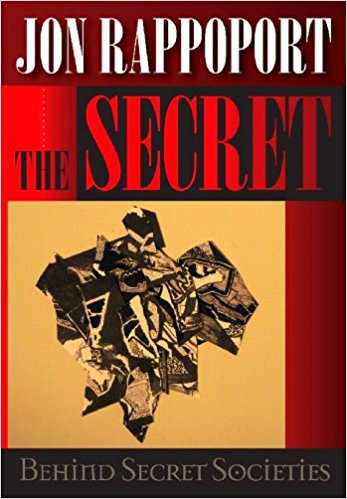Why he died and why it matters
by James Douglass
Review by Brian R. Wright
 “The extent to which our national security state was systematically marshaled for the assassination of President John Kennedy remains incomprehensible to us. When we live in a system, we absorb a system and think in a system. We lack the independence to judge the system around us. Yet the evidence we have seen points toward our national security state, the systemic bubble in which we all live, as the source of Kennedy’s murder and immediate coverup.” — page 370
“The extent to which our national security state was systematically marshaled for the assassination of President John Kennedy remains incomprehensible to us. When we live in a system, we absorb a system and think in a system. We lack the independence to judge the system around us. Yet the evidence we have seen points toward our national security state, the systemic bubble in which we all live, as the source of Kennedy’s murder and immediate coverup.” — page 370
The Turning …
In a crime, proof of guilt requires evidence of motive, means, and opportunity. But the greatest of these, especially for crimes of state, is motive. The distinguishing characteristic of JFK and the Unspeakable, aside from its rigorously passionate scholarship, is its complete unraveling of the “why” of the assassination of JFK.
“John F. Kennedy was turning. The key to understanding Kennedy’s presidency, his assassination, and our survival as a species through the Cuban Missile Crisis is that Kennedy was turning toward peace. The signs of his turning are the seeds of his assassination.” — page 321
James Douglass, a peace advocate with international stature,[1] homes in on the context of Kennedy’s presidency with respect to the war machine—the military-industrial complex, the Pentagon, and the CIA.[2] We learn that Kennedy, to some extent, ascended politically by out-“Cold-Warring” his opponents, often by advocating a more belligerent military posture vis a vis several foreign policy annoyances… and promoting higher military spending. For example, in a 1958 speech, as Senator, Kennedy accuses President Eisenhower of enabling a missile gap between the US and the Soviets.[3] Continue reading






